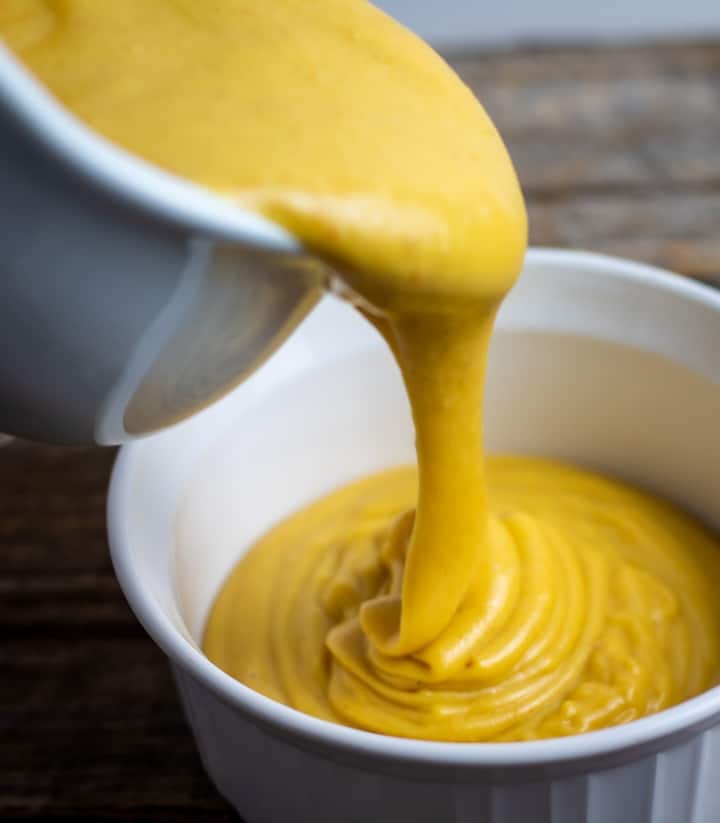This website is using a security service to protect itself from online attacks. It has been suggested that Brik be merged into bakers chili cheese fries article. Text document with red question mark. Some of this article’s listed sources may not be reliable.

Please help this article by looking for better, more reliable sources. Unreliable citations may be challenged or deleted. Borek or burek is a filled pastry made of a thin flaky dough such as filo with a variety of fillings, such as meat, cheese, spinach or potatoes. It is a custom of Sephardic Jews to have bourekas for their Shabbat breakfast meal on Saturday mornings. In Israel it has become commonplace to have borek as a breakfast food with coffee.
It is commonly served with afternoon tea in Turkey. It is commonly served with a yogurt drink in Serbia. Borek is very popular in the cuisines of the former Ottoman Empire, especially in North Africa and throughout the Balkans. The word “börek” is accompanied in Turkish can be modified by a descriptive word referring to the shape, ingredients of the pastry, or a specific region where it is typically prepared, as in the above kol böreği, su böreği, talaş böreği or Sarıyer böreği. Sheets of dough are boiled briefly in large pans, then a mixture of feta cheese and greens, or other börek filling. The whole thing is brushed with butter and baked in a masonry oven. Sephardic Jewish specialty of Istanbul filled with pastırma or kaşar, and julienned green peppers fried in olive oil and eaten as a meze.
Small square börek mostly filled with lamb cubes and green peas, that has starchier yufka sheets, making it puffy and crispy. A smaller and a little fattier version of the “Kol böreği”, named after Sarıyer, a district of Istanbul. Similar to Laz böreği, without the custard filling. Round burek filled with minced meat is made in Bosnia and Herzegovina, Kosovo, Serbia, Croatia, Montenegro, North Macedonia and Slovenia. In the former Yugoslavia, burek, also known as pita in Bosnia and Herzegovina, is an extremely common dish, made with yufka. Ispanaklı Selanik Böreği is a spinach borek common in Bosnia and Herzegovina. In Algeria, this dish is called bourek, a delicious roll of pastry sheet stuffed with meat, onions, and spice, is one of the main appetizers of Algerian cuisine.
It’s a starter served when receiving guests and especially during Ramadan evenings during the round meal of the holy month, usually accompanied by Algerian Chorba or Harira. Another Algerian variant of bourek is called Brik or Brika, It’s a savory entree made from brik leaf, stuffed with mashed potatoes and a mixture of minced meat, onions, cheese and parsley. The whole is topped with a seasoned raw egg which cooks once the sheet of brik has been folded and soaked in boiling oil. In Albania, this dish is called byrek. In Kosovo and few other regions byrek is also known as “pite”. Byrek is traditionally made with several layers of dough that have been thinly rolled out by hand. The final form can be small, individual triangles, especially from street vendors called ‘Byrektore’ which sell byrek and other traditional pastries and drinks.
It can also be made as one large byrek that is cut into smaller pieces. Lakror is an Albanian pie dish from southern Albania. The pie is sometimes called a type of byrek pastry. In 2012, Lonely Planet included the Bosnian burek in their “The World’s Best Street Food” book. This section does not cite any sources. In Romania, the food falls under the name “plăcintă” and is most often made with cheese or cheese and spinach.
This section needs additional citations for verification. Please help improve this article by adding citations to reliable sources. Similar dishes, although somewhat wider and with thinner dough layers, are called savijača or just “pita” in Serbia. These are usually homemade and not traditionally offered in bakeries. The recipe for “round” burek was developed in the Serbian town of Niš.
